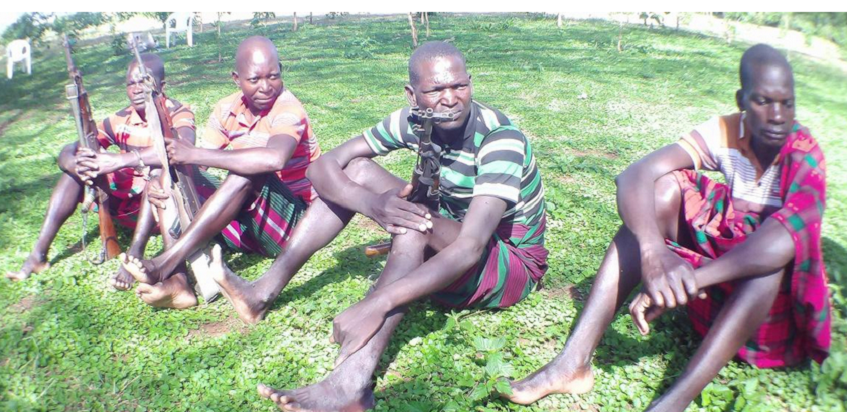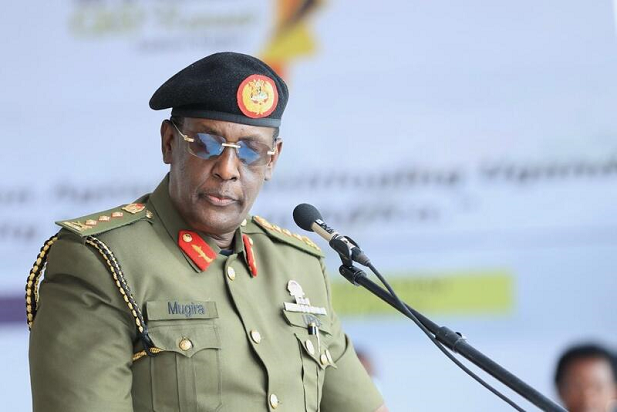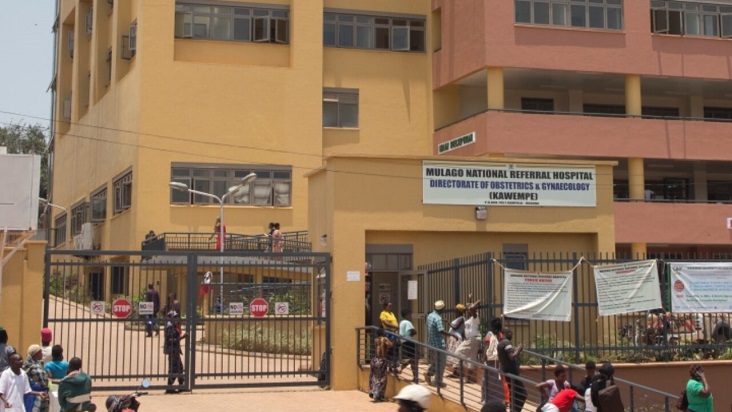M23 rebels in a recent meeting in Kenya
The Democratic Republic of Congo (DRC) government has accused the M23 rebels of plotting to control the Kishishe area in Rutshuru and Masisi in North Kivu province with an aim of exploiting Coltan and Wolframite minerals.
Coltan is a dull black metallic ore which is refined into tantalum powder which is used to make heat-resistant capacitors for mobile phones, computers, automotive electronics, and cameras. In 2021, the DRC’s coltan production amounted to an estimated 700 tonnes, making the Central African country the world’s largest coltan producer by far.
The country also has large deposits of Wolframite, a black or brown mineral which is the chief ore of tungsten, used in the manufacture of electric filaments and armour-piercing ammunition.
Now Julien Paluku, the DRC Minister of Industry and former Governor of North-Kivu province allege that M23 rebels are targeting to control the rare mineral-rich areas so that they start exporting them to Rwanda. Paluku also predicts that it appears that the rebels are planning genocide on DRC soil.
Paluku, however, says that the acts will not go unpunished and those responsible will respond to them before the courts.
Speaking during a press briefing on Tuesday about the update on what the government has described as a massacre in Kishishe, located in Bambi group, Bwito chiefdom on November 29, Patrick Muyaya, the DRC government spokesperson raised the number of civilians killed last week from 50 to 272.
According to Muyaya, the figures were collected from locals’ testimonies and civil society organizations in the area. Muyaya says that the office of the Head of State has already asked the Minister of State for Justice to open an internal investigation as well as to work for an international investigation to highlight the war crimes and crimes against humanity currently taking place on DRC soil.
He adds that the office of the Minister of State for Justice will contact the Prosecutor of the International Criminal Court to open a file relating to the massacre. But, the rebels have rubbished the accusations as false and heavily manipulated.
Bertrand Bisimwa, the president of M23 says that only eight civilians were killed by stray bullets as Armed Forces of Democratic Republic of Congo soldiers in collaboration with several militia groups of Nyatura, Mai Mai, Congolese Patriotic Resistance Fighters and Democratic Forces for the Liberation of Rwanda (FDLR) among others, launched attacks on M23 positions in the area.
Bisimwa says that others who died are militiamen adding that many more were arrested by the M23 in self-defence. Bisimwa also calls upon independent investigators to visit the area and conduct investigations and accuses the government of keeping a deaf ear when innocent civilians are killed by militia groups in the territories of Rutshuru, Masisi and Minembwe Ituri, and Kamwouth.
Meanwhile, fighting between rebels and government troops resumed on Tuesday in the city of Kitshanga, linking the territories of Rutshuru and Masisi. FARDC soldiers lit weapons against the M23 towards the Bishaki-Shaki village, about 10 kilometres from Kitshanga in the Bishusha Groupement.
According to local sources, the local militia also took part in the fight as they tried to stop the progress of the rebels who are in Bishusha towards Kitshanga and Burungu. The latest fight sowed panic in the area and learners who were already in classes were forced to return home.
Lawrence Kanyuka, the M23 rebels’ political spokesperson confirmed the resumption of fighting in a short statement accusing FARDC soldiers and allied militia groups of attacking their positions.
“The M23 informs the national and international community of the ongoing attacks in Bwiza by the government coalition. The M23 defends itself while protecting the civilian population,” Kanyuka said in a tweet posted on his official handle @LawrenceKanyuka.
The latest fighting happens at a time when the third session of the Nairobi peace consultations had just ended. The seven-day meeting attended by 225 delegates that include representatives of armed groups, survivors of the conflict, civil society organization representatives, and government officials had been scheduled to end on Monday but was pushed to Tuesday after delegates protested the non-payment of their allowances.
M23 movement is one of the rebel groups that had no representative in the dialogue after declining to abide by the Luanda resolutions of withdrawing from the captured areas of Rutshuru, Masisi, and Nyiragongo territories to the designated hills of Tchanzu and Runyoni.
In the final communique signed by the facilitator and former President of Kenya Uhuru Kenyatta, all the representatives of the armed groups agreed on 10 decisions and resolutions which include; the acceptance of the Disarmament, Demobilization, Community Recovery, and Reintegration Program (DDRC- S).
-URN





